Choosing the best web resource
- Due Oct 30, 2021 at 11:59pm
- Points 5
- Questions 5
- Available Oct 25, 2021 at 12am - Oct 30, 2021 at 11:59pm
- Time Limit None
Instructions
- The Open Web
- Who? What? When? Where? Why? How?
- Publisher & Author
- Purpose
- Date & Location
- Appearance & Source
- Google: Pros & Cons
- Google Scholar: Pros & Cons
- Wikipedia: Pros & Cons
- Hidden Web & Your Library
The Open Web
The Internet is an integral part of life in the information age—so much knowledge is available at our fingertips.
But not all information on the open web is free or trustworthy.

By the end of this tutorial, you should be able to:
- Recognize open and hidden web resources.
- Determine if a site on the open web is reliable.
- Analyze resources on the open web.
Who? What? When? Where? Why? How?

The "open web" contains sites that are freely available with no special login or security. Anyone can publish to the web—regardless of their knowledge of a subject.
To determine if a site on the open web is reliable, ask yourself these key questions: who, what, when, where, why, and how?
Publisher & Author
Who published it? Is she/he an expert on this topic?
Look for an author and his/her affiliations.
Sometimes you also can tell by the URL:
- .gov = government agency
- .edu = educational institution
- .org = non-profit organizations
- .com = commercial or business group
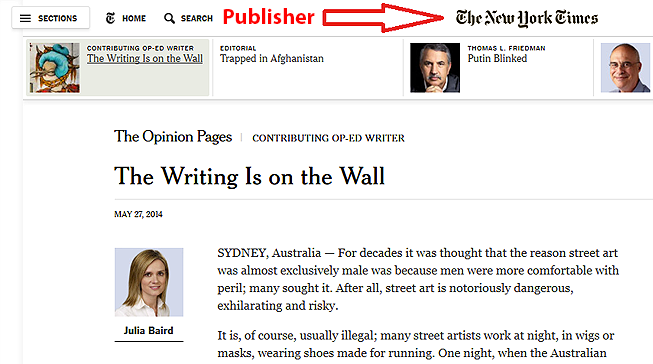

Purpose
What is the agenda? Is the author trying to sell you a product or convince you of his or her opinion?
Why does this website exist? Is its purpose to inform, to sell a product, or to convince you of an idea?

Appearance & Source
How does it look?
Does it appear to be a professional or personal website?
How did you find it?
Did you choose it at random from a Google search, or was it linked to in another trustworthy resource?

Google: Pros & Cons
Let's analyze 3 popular resources on the open web, starting with Google.
Pros:
- Popular online search engine
- Familiar and easy to use
- Easy to adjust search terms and get related information
- Good way to find websites and blogs
Cons:
- Results displayed in order of PageRank instead of accuracy
- No editorial oversight or evaluation
- Results include advertisements and websites that can be biased or unrelated
Quick Tip: What is PageRank?
PageRank is the name of Google's algorithm, which lists websites that are more popular at the top of Google search results, assuming they are more relevant even if they may not be. So it is important to keep in mind that even though something is at the top of the search results, it may not be what you need.

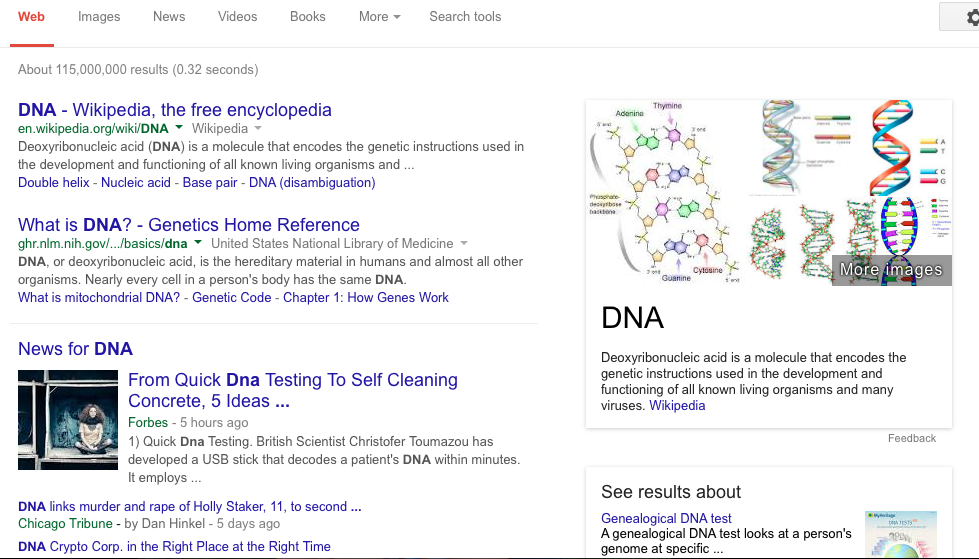
Google Scholar: Pros & Cons
Next up, Google Scholar.
Pros:
- Easy to refine search terms
- Can be a good way to do basic literature reviews on a particular subject
Cons:
- May have to pay for full text of articles
- May not find everything on a topic; copyright restrictions exclude many academic papers

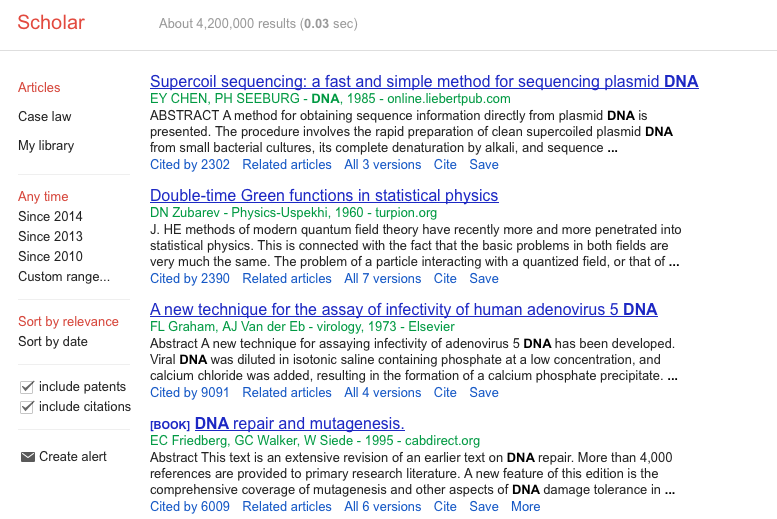
Wikipedia: Pros & Cons
Lastly, Wikipedia.
Pros:
- Format provides good introduction to a topic
- Can be an easy place to get a short history, related keywords, and terms
Cons:
- Research presented is not original and often not referenced
- Content is not reviewed for reliability or copyright infringement
- Wikipedia citations may not be permitted

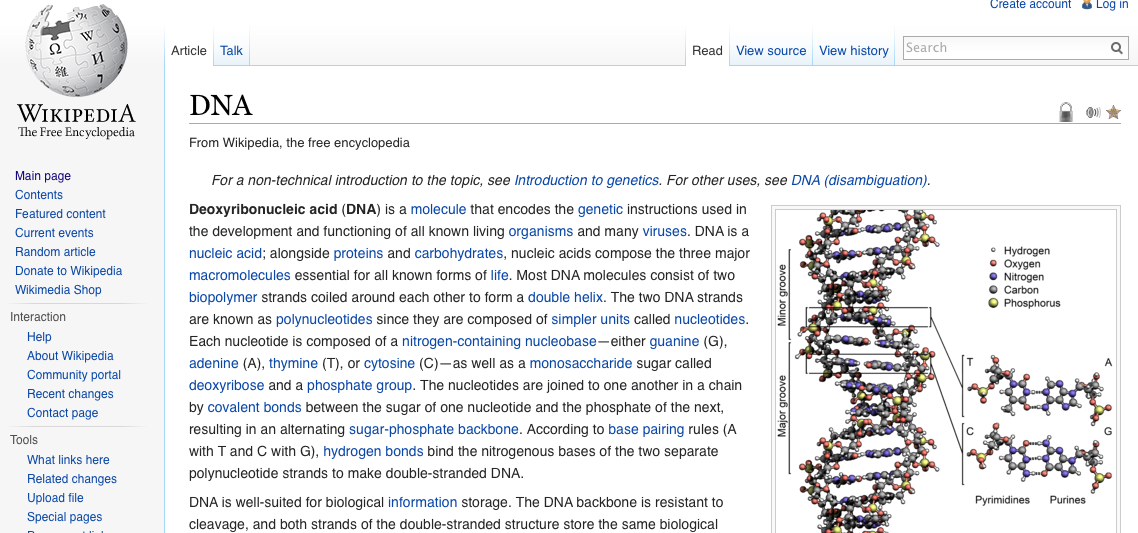
Hidden Web & Your Library
The hidden web contains all the websites that are protected and require credentials to access. Subscriptions to scholarly information are part of the hidden web and can be difficult to find for free.
That's why you should use your library website by logging in with your student credentials. Your tuition pays for access to the highest quality research available.
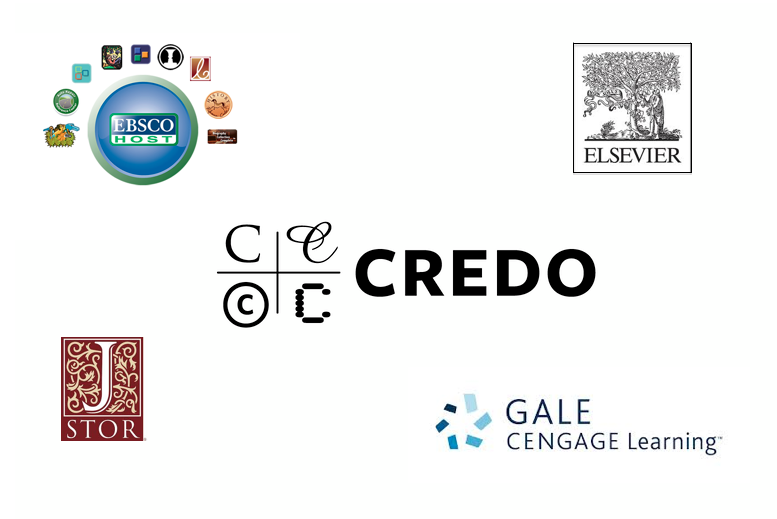
Conclusion
You now should be able to:
- Explain how to determine if a site on the open web is reliable.
- Analyze resources on the open web.
- Choose more reliable resources in your library's databases and research tools.